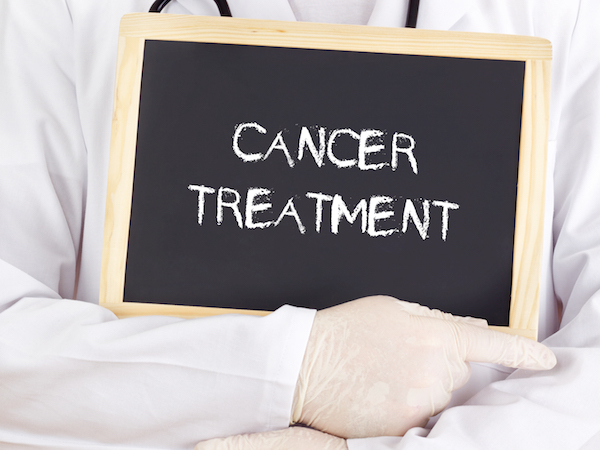
WEDNESDAY, Oct. 26 (HealthDay News) — A vaccine to prevent anal cancer is safe and effective for young gay and bisexual males, according to a study funded in part by the vaccine’s maker.
Anal cancer is caused by human papilloma virus (HPV), the most common sexually transmitted disease in the United States. Anal cancer is particularly common among gay and bisexual men and people infected with HIV.
Merck’s Gardasil vaccine is already approved and recommended as a way to protect women against the major HPV types that cause cervical cancer. The vaccine is also thought to protect against HPV strains that cause anal cancer and genital warts.
This week, the U.S. government’s Advisory Committee on Immunization Practices recommended that boys be vaccinated against HPV.
“Almost six thousand people every year in [the U.S.] are diagnosed with anal cancer, and more than 700 people die from the disease,” study leader Dr. Joel Palefsky, a professor at the University of California, San Francisco, said in a university news release. “What this trial showed is that those cancers and deaths could be prevented.”
The international clinical trial included more than 600 gay and bisexual men who had had at least one, but no more than five, sexual encounters. The men, aged 16 to 26, were from Australia, Brazil, Canada, Croatia, Germany, Spain and the United States.
The participants received either the Gardasil vaccine (made by Merck) or a placebo and were followed for three years after they received the last of their three injections. The vaccine proved effective in reducing anal infections with HPV and reduced the incidence of precancerous anal lesions by 54 percent to 75 percent.
“Based on these data, the vaccine works well to prevent HPV infection and precancerous anal disease, and will likely prevent anal cancer in men,” Palefsky said. “The ideal time to begin vaccination would be before initiation of sexual activity, but vaccination may also be useful after initiation of sexual activity.”
One expert agreed that the vaccine can still be effective after the onset of sexual activity.
“The notion that HPV vaccines need to be given in childhood is slightly incorrect. The issue is that the vaccine [like all others] will work much better if it is given prior to the person being exposed to the virus. So, really it just needs to be given prior to the person becoming sexually active or, to be more precise, prior to the person having sex with someone infected with the HPV virus,” said Dr. Ronald Ennis, director of radiation oncology at St. Luke’s-Roosevelt Hospital Center in New York City.
He noted that “the study suggests it may help clear the infection in about 25 percent of people who were already infected prior to the vaccination, but I think that would need to be confirmed with more patients prior to being sure about that.”
The study, funded by grants from Merck and the U.S. National Institutes of Health, is published in the Oct. 27 issue of the New England Journal of Medicine.
More information
The American Cancer Society has more about anal cancer.

